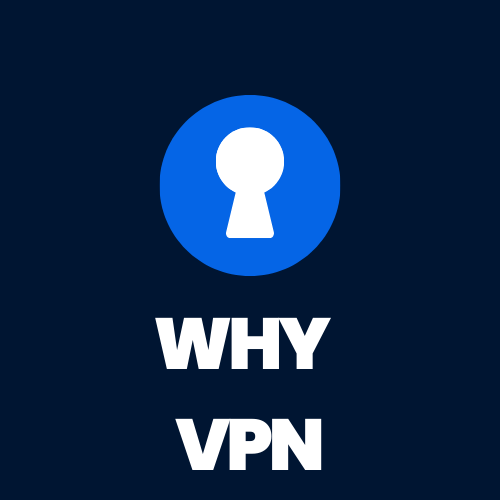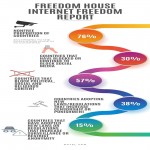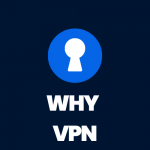Privacy and Security: VPNs (Virtual Private Networks) enhance your online privacy and security by encrypting your internet traffic. When you connect to the internet, a VPN creates a secure tunnel to protect your data. This prevents third parties from monitoring or intercepting your personal information, online activities, and communications. VPNs ensure your security when using Wi-Fi networks or public hotspots and provide protection against cyber attacks.
Internet Freedom and Censorship: VPNs help you bypass regional censorship and restrictions. In many countries, access to specific websites or content is blocked. By using a VPN, you can hide your IP address and access the internet from a different geographical location. This allows you to freely access the internet and reach the content you desire without being affected by censorship and limitations.
Access to Restricted Content: VPNs allow you to bypass geographical limitations and access restricted content. For example, certain streaming platforms or social media sites may not be available in specific regions. By using a VPN, you can appear as if you are browsing from a different country, enabling you to overcome these restrictions. This way, you can access content that is available worldwide and break free from limitations.
Secure Internet Transactions: Using a VPN enhances your security, particularly when conducting online transactions on public Wi-Fi networks or open hotspots. Public Wi-Fi networks can be easy targets for cyber attackers, who may exploit them to intercept your personal information. By encrypting your internet traffic, a VPN safeguards your financial transactions, online shopping, and other sensitive data. This ensures the security of your personal information and protects you from potential attacks.
Using a VPN offers numerous advantages, including privacy, security, bypassing censorship, and secure internet transactions. However, it is essential to choose a reliable VPN provider to ensure these benefits.



